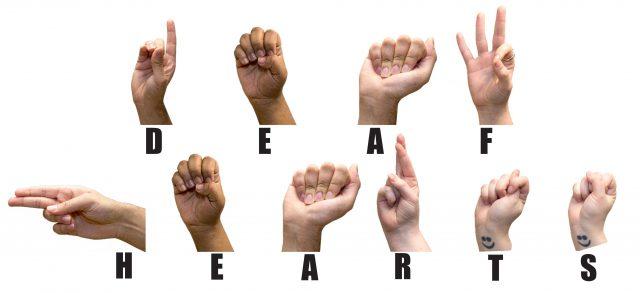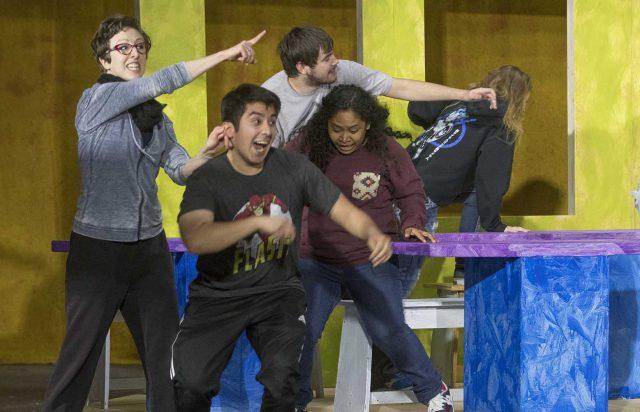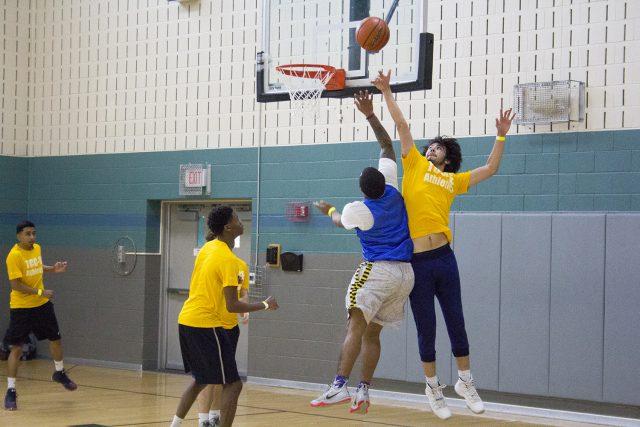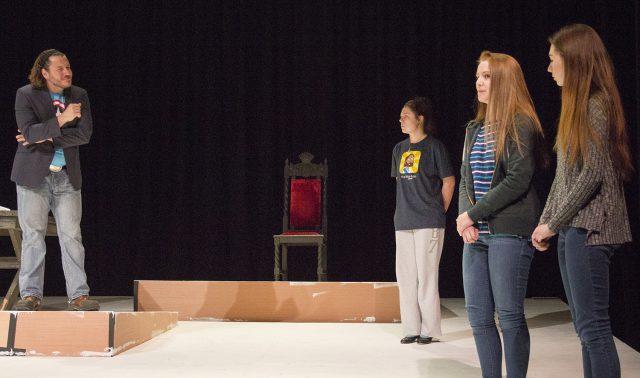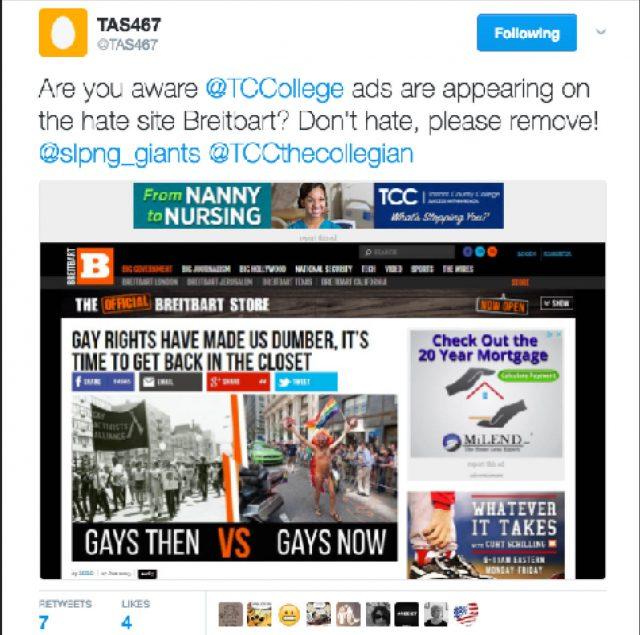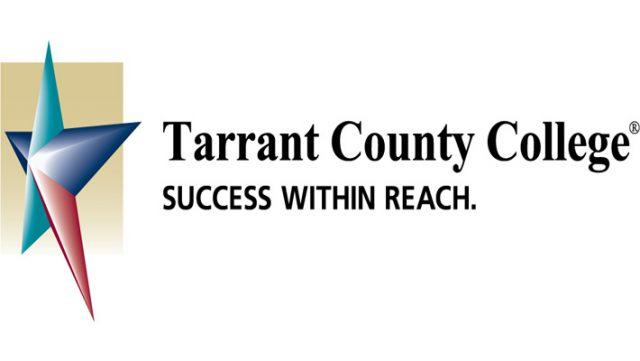By Sheri-Lee Norris/ reporter
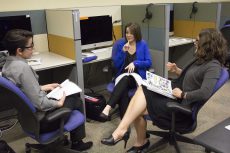
Photos by Kaylee Jensen/The Collegian
Students with a deaf heart migrate to the TCC sign language program on TR Campus, student Davinia Cavazos said.
“The term refers to people strongly committed to serving the deaf community,” she said.
Her goals include becoming an interpreter or perhaps becoming a teacher of American Sign Language.
As the child of deaf parents, Cavazos grew up bilingual using both ASL and English and described herself as a CODA, or child of deaf adult.
“Not many CODAs go on to study sign language at school,” she said.
Cavazos believes her background provides real-life experience and insight into the deaf community and may give her an advantage as she progresses to get a master’s or perhaps even a doctorate.
“One of the best things about the TCC program is that there are many deaf teachers,” she said. “If you had to learn another foreign language, wouldn’t you prefer to learn it from somebody who grew up speaking that language? It’s a bonus.”
Cheryl Sohns is one of those instructors. She grew up in an entirely deaf household. However, her children are hearing, and they grew up using both English and sign language.
“I love sharing more about our culture with these students who are so eager to learn,” she said. “I hope my experiences can help others better understand.”
ASL interpreting is not just about learning ASL, Sohns says.
“It’s about experiencing what it’s like to be deaf so they can be a part of the community,” she said.
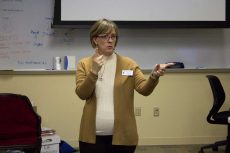
ASL is a language and a recognized cultural group, the instructors stress. It is not a learning style. Some form of sign language has been around for hundreds of years although it developed differently in other countries. ASL is the primary sign language in the U.S. and Canada.
“Sign language is not just for girls,” American Sign Language Club president Jonathan Martinez-Marquez says.
He believes his future holds a job in the ministry or counseling.
“I am fortunate to know which direction I am headed,” he said. “I have been called to service.”
Martinez-Marquez also hopes to get certified as a trilingual interpreter because he also speaks Spanish.
Both students are looking at the possibility of transferring to Gallaudet University in Washington, D.C. Once exclusively for the deaf, it now admits some hearing students.
Sign language interpreting program coordinator Sammie Sheppard said many students who complete one of the sign language programs wish to become interpreters although some students take ASL for the foreign language credit.
“We see more professionals at TCC now, especially the medical professions, so they can better communicate with clients,” she said. “We also have parents of deaf children in our classes.”
Martinez-Marquez said doctors have finally realized boys can be embarrassed talking through a girl interpreter, and this is a growing field within the medical professions.
TCC offers three different certifications in sign language and an Associate in Science degree. Students who plan a career in the field should spend time with the program’s academic advisors, Sheppard said.
“We take time to know each student,” she said. “Their personal goals will drive the program best suited for them. So it is important they talk to us too, not just the regular counseling office.”
Sheppard, Cavazos and Martinez-Marquez all put the many deaf faculty among the program’s strongest assets.
“It really does take a community to make an interpreter, and it starts here,” Sheppard said.
The program, which features language immersion, employs 11 deaf faculty and staff members, and their presence increases awareness of deaf culture.
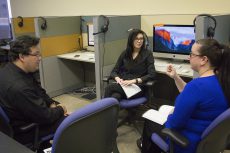
Martinez-Marquez thinks having deaf instructors helps students learn faster as they must communicate 100 percent with ASL.
“We can’t hit the pause button,” he said. “If your teacher is deaf, you don’t have a choice. But they are all very patient with us.”
Students getting their associate degrees must do practicum work in the field during the final semester.
“We really are in the community,” Sheppard said. “And the practicum gives students hands-on experience.”
She also encourages students to volunteer and give back in other ways to the deaf community if they wish to go into the field.
One of the most time-consuming jobs for sign language teachers is grading examinations for non-lecture classes. Students must video record exams in the lab. Teachers watch each video and use a special program to insert comments at the place of a mistake. Since ASL is a visual language, recording is used for both learning and grading, Sheppard said.
TCC sponsors several programs each year for the community such as the Deaf, Deaf World and a Signing Santa. Sohns said these events provide a chance for TCC students to interact more with the deaf community.
“ASL provides full communication access,” Sohns said.
Sohns believes being a part of the TCC faculty is helping change things by breaking down barriers she faced growing up.
Over 270 people are enrolled in sign language classes, each usually taking multiple classes, and the program continues to grow, Sheppard said. A certificate or associate degree may be the first stop, but not the last, for people who wish to become an interpreter in Texas.
Those students also have to take the Texas Board of Evaluators of Interpreters exam, said Cavazos, who is studying for the test now.
“I’m not exactly sure what I’m going to do after school,” she said. “But I’m excited about the future, and TCC has prepared me for anything.”
























